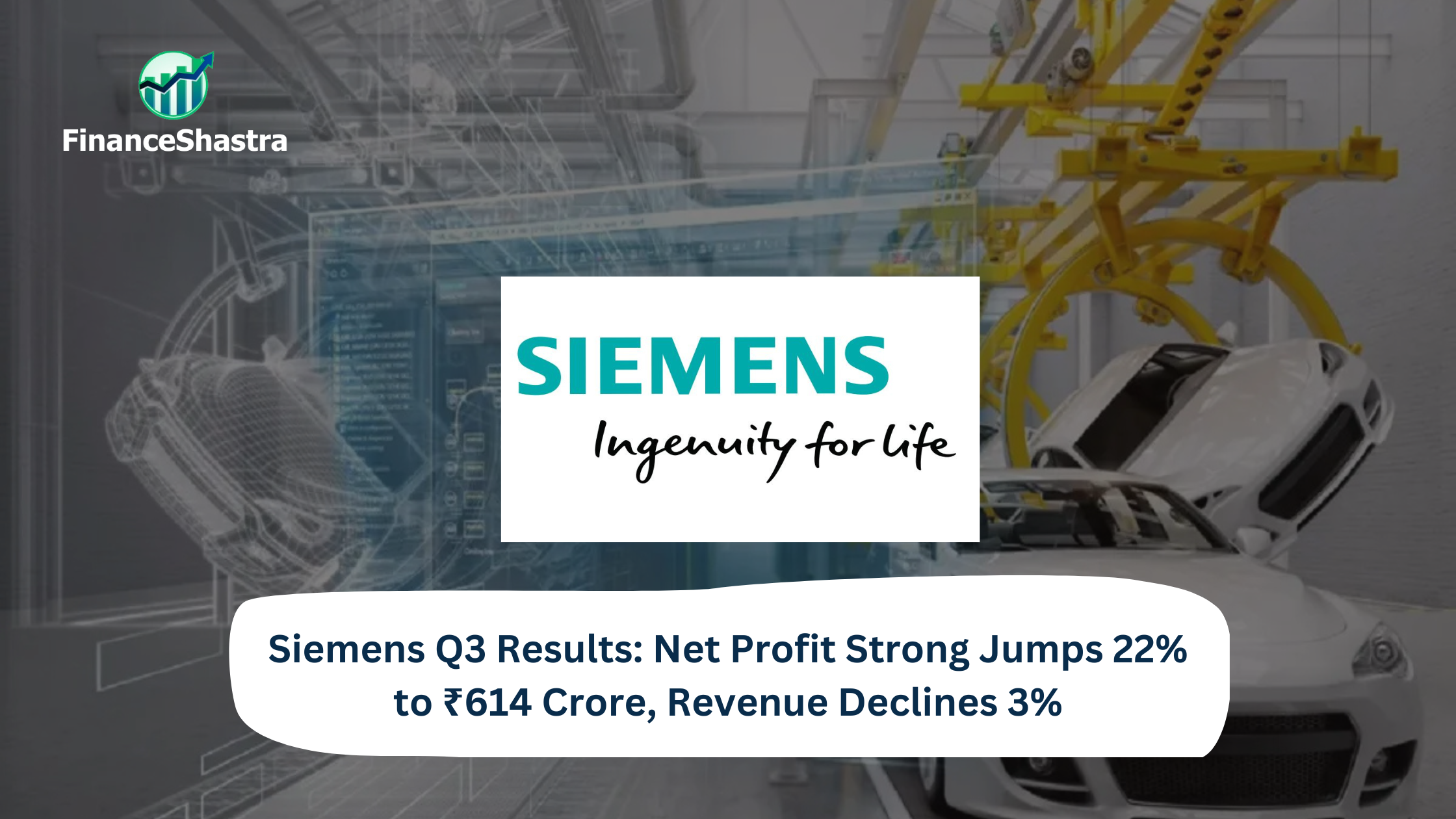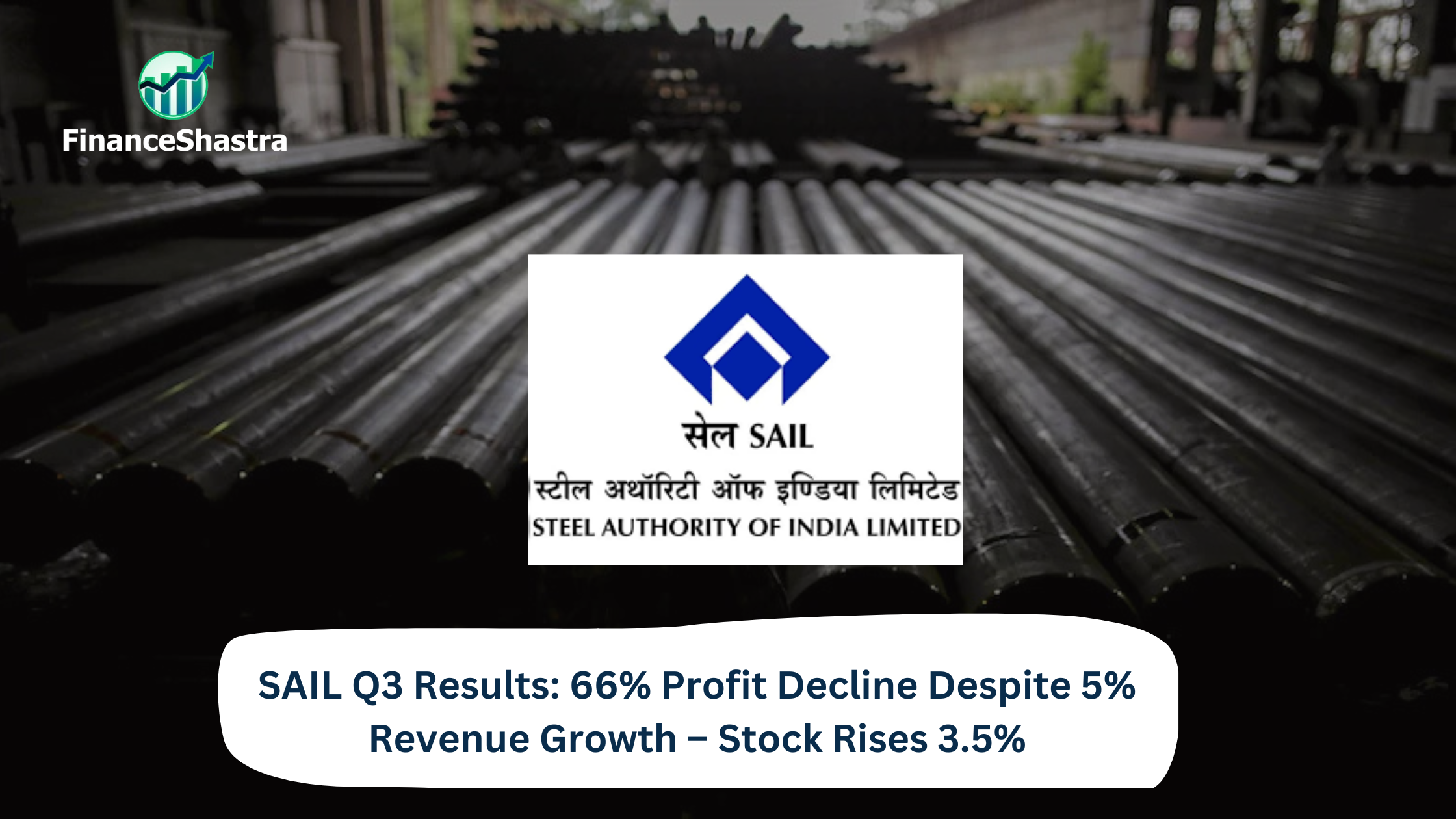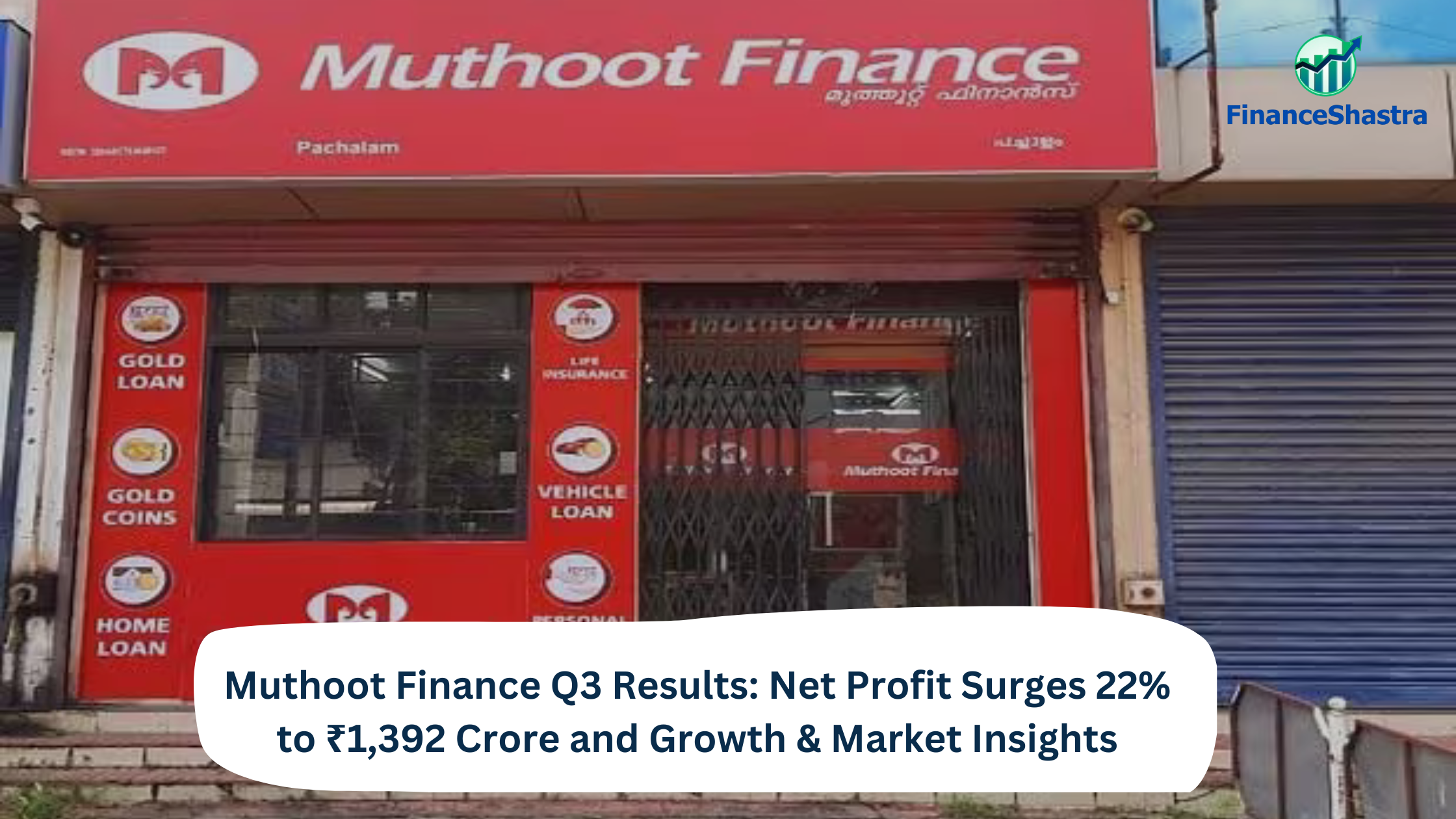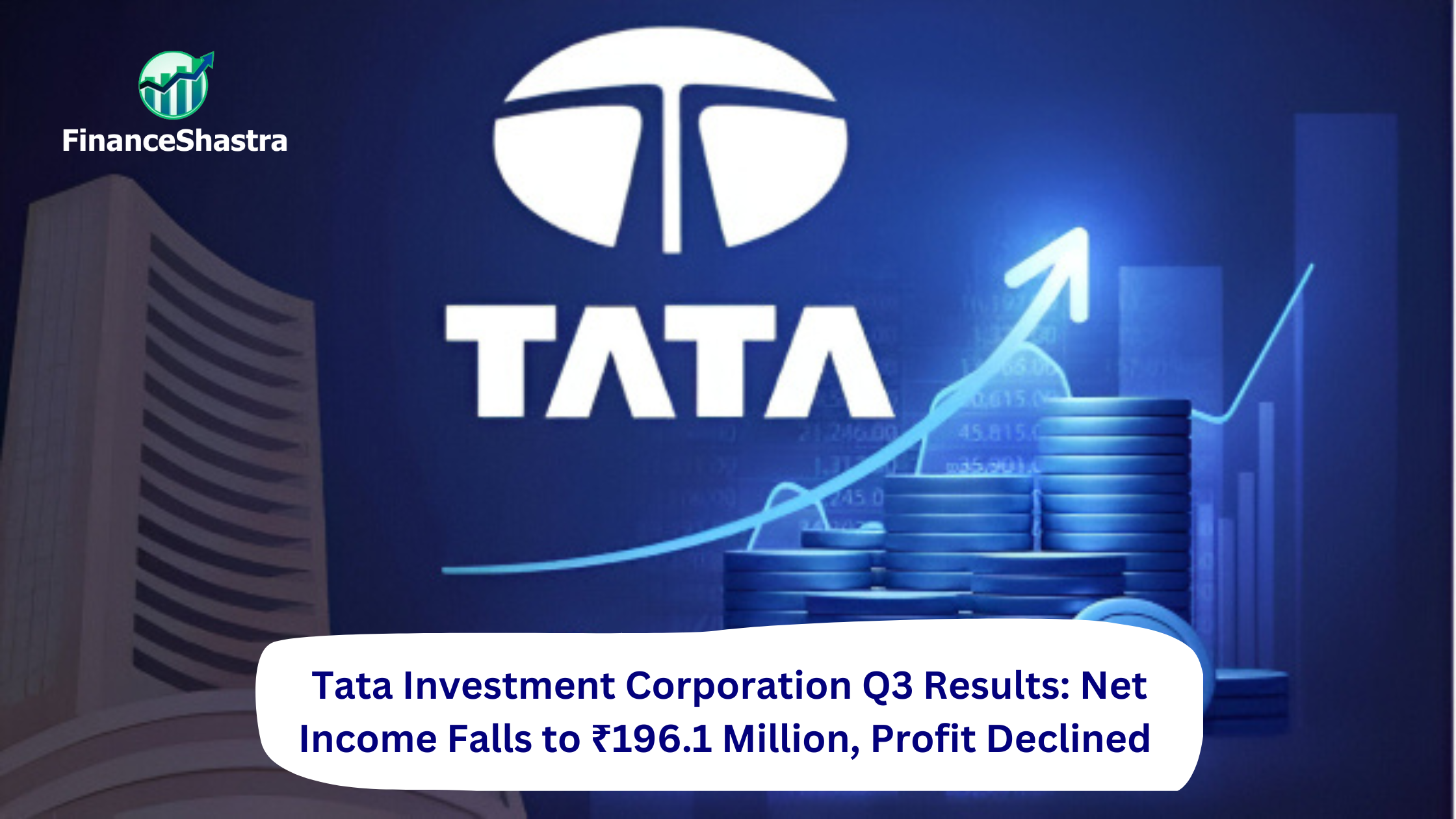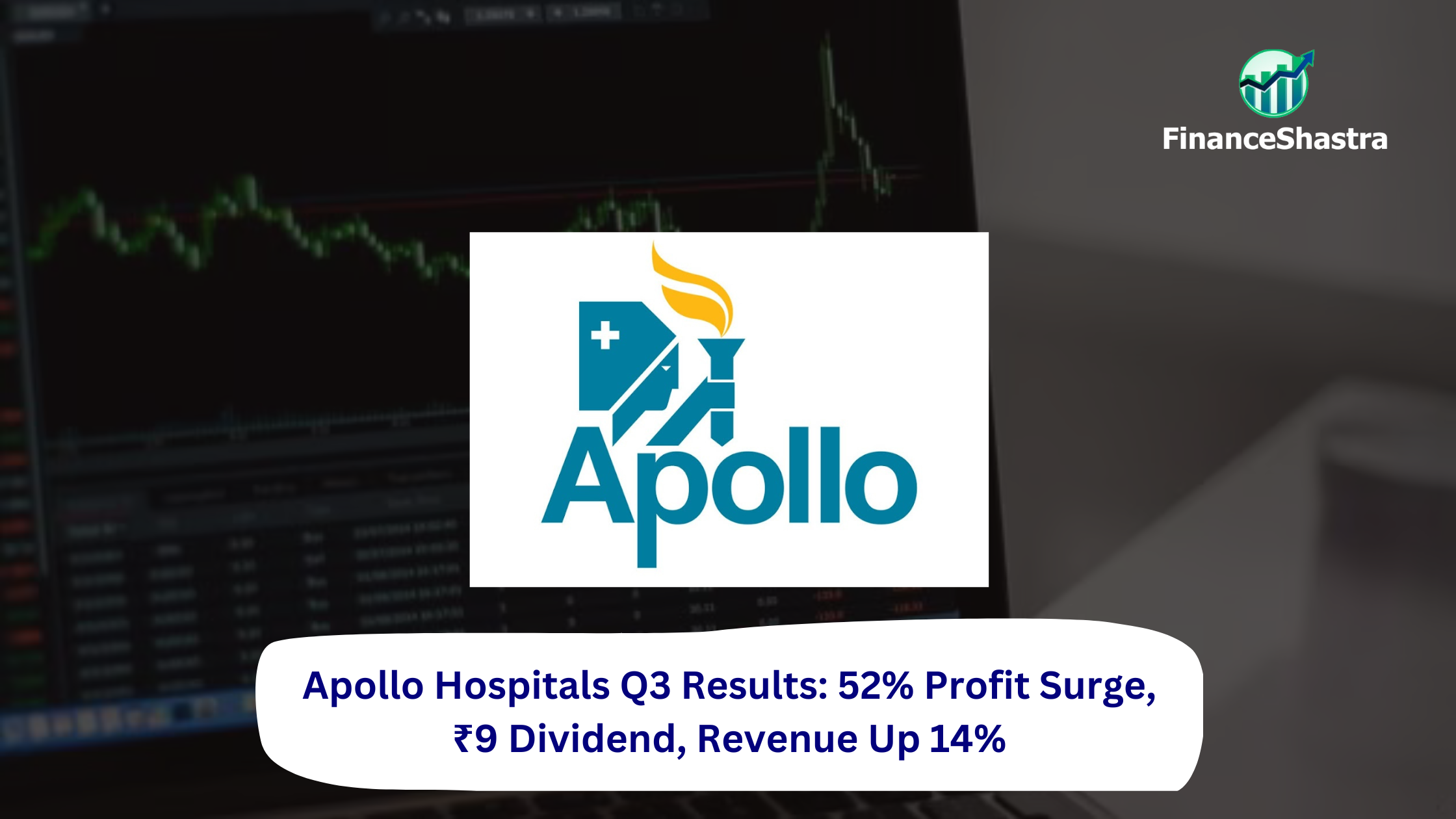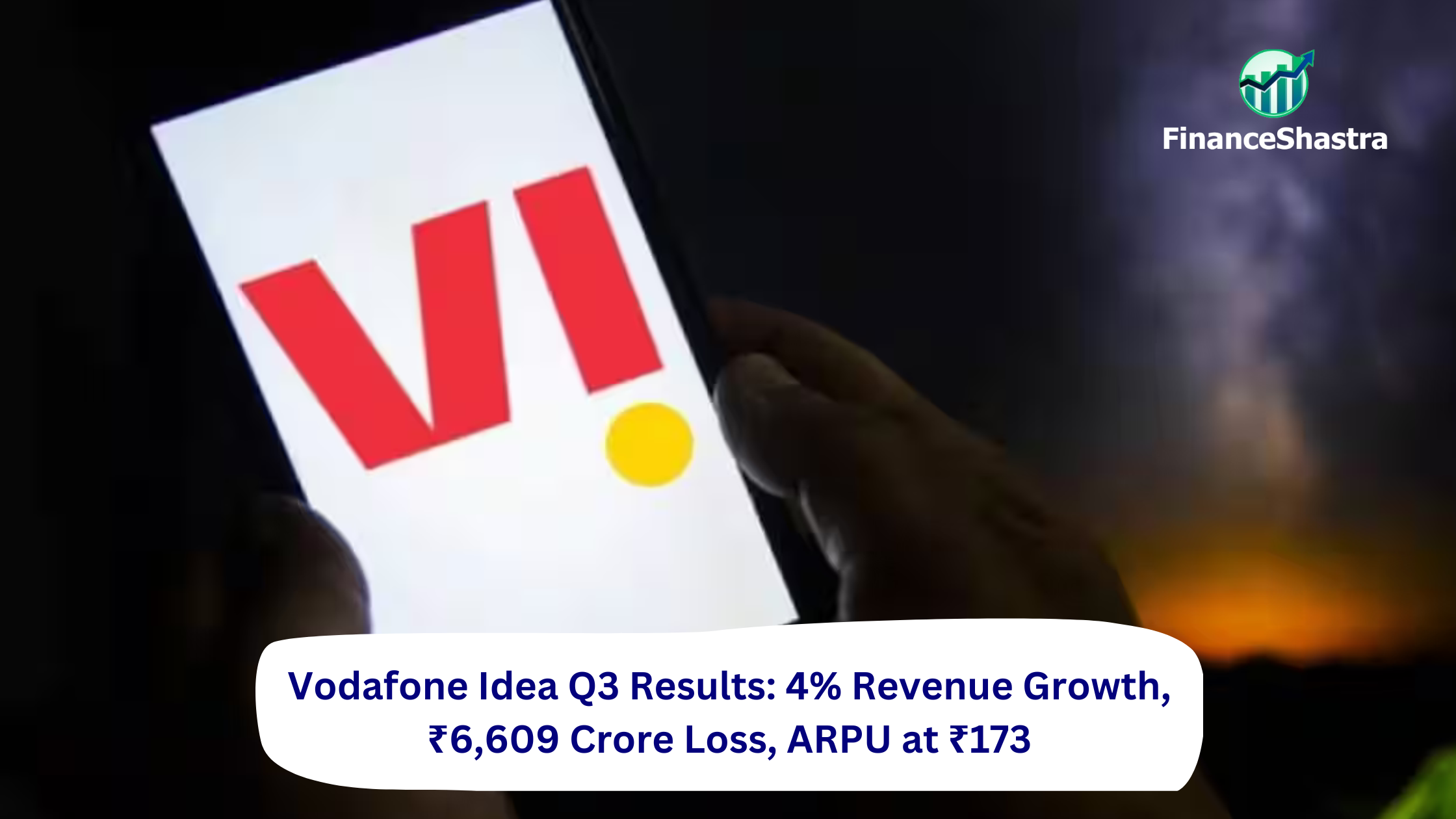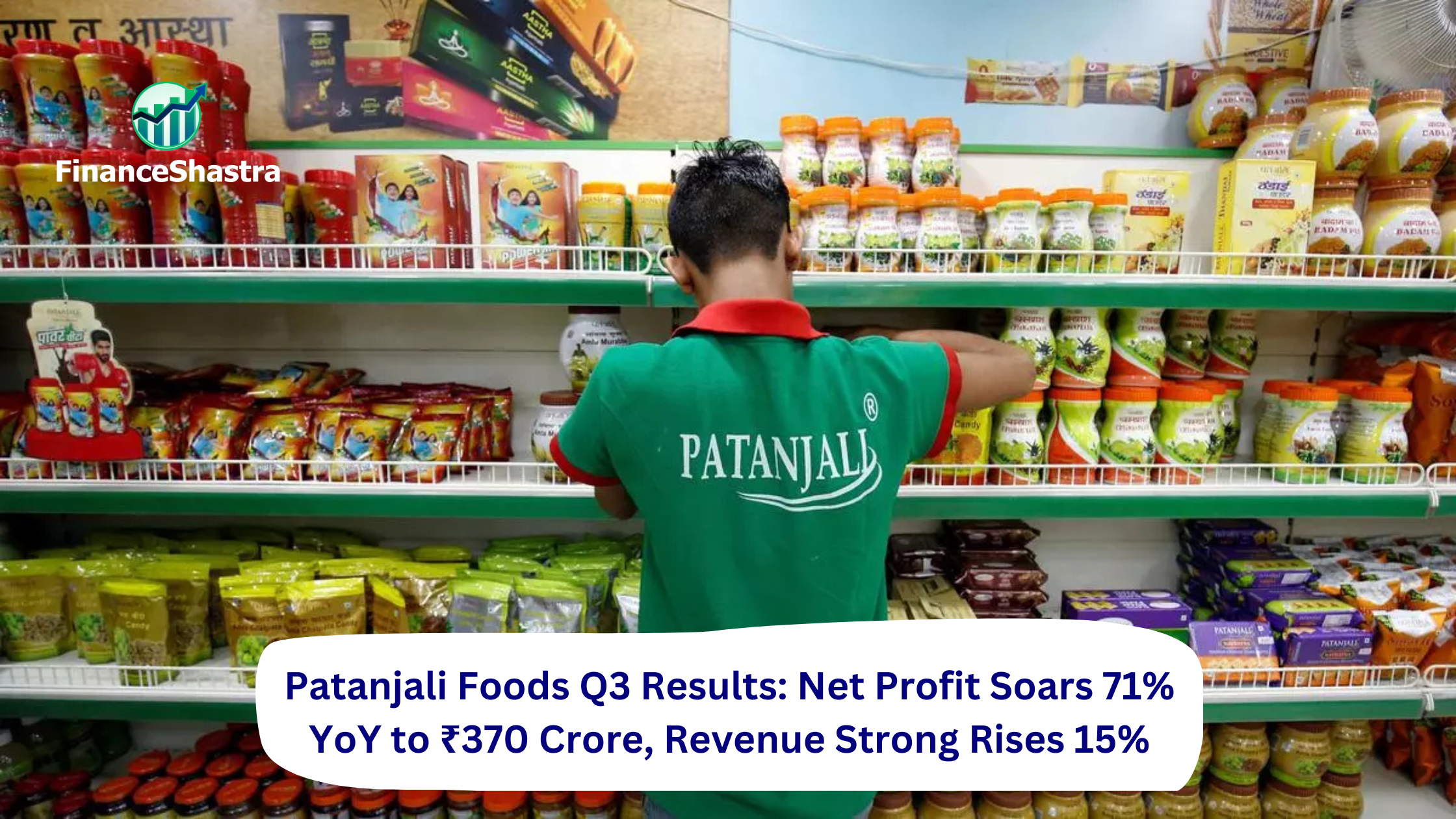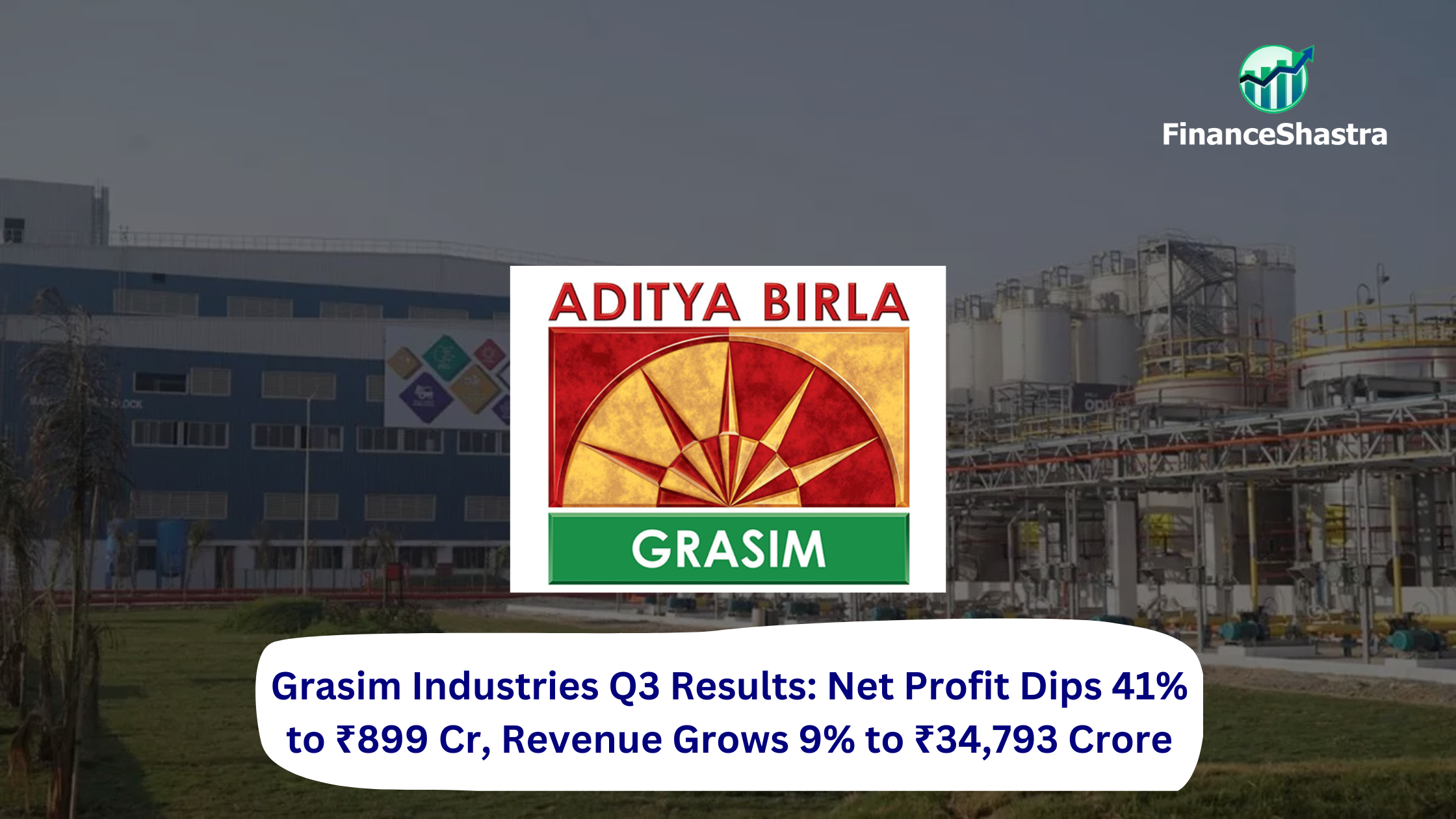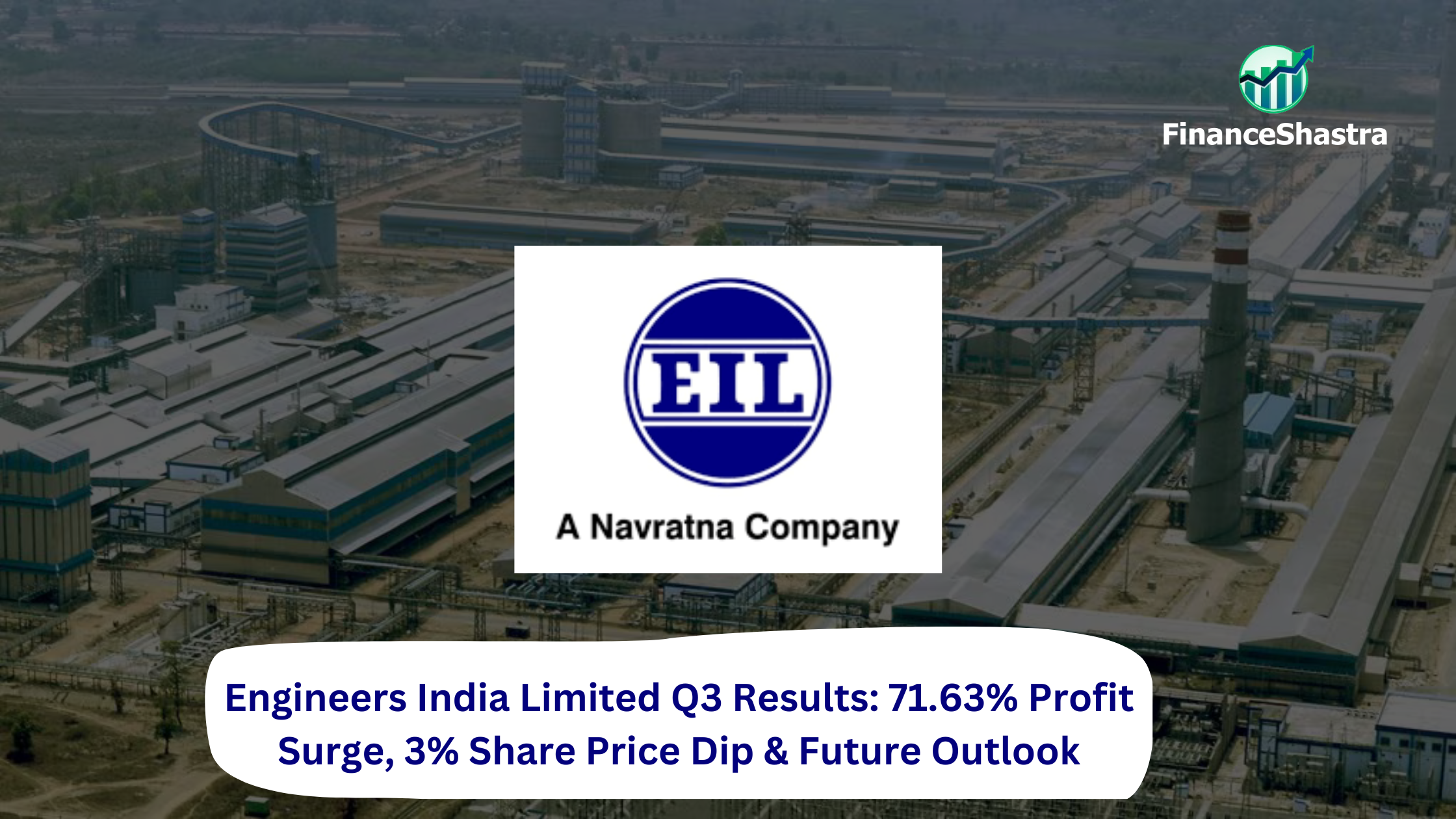Lupin Q3 Results: Profit Soars 39.5% to ₹855 Cr, Revenue Climbs 11%
Business and Industry Overview:
Lupin Limited is an Indian multinational pharmaceutical company based in Mumbai, recognised as one of the largest generic pharmaceutical companies globally by revenue. It focuses on areas such as pediatrics, cardiovascular health, anti-infectives, diabetes, asthma, and anti-tuberculosis treatments. The company operates across the entire pharmaceutical value chain, including branded and generic formulations, active pharmaceutical ingredients (APIs), advanced drug delivery systems, and biotechnology products. Lupin’s products reach 70 countries, with a strong presence in advanced markets like the USA, Europe, Japan, and Australia, as well as emerging markets such as India, the Philippines, and South Africa.
It has a Research Park, located near Pune and Aurangabad, which houses over 1,400 scientists. Lupin’s R&D encompasses the following areas: Generics Research, Process Research, Pharmaceutical Research, Advanced Drug Delivery Systems (ADDS) Research, Intellectual Property Management, Novel Drug Discovery and Development (NDDD), and Biotechnology Research.
India is the largest global provider of generic drugs and is renowned for its affordable vaccines and generic medications. The Indian pharmaceutical industry is currently ranked third in terms of pharmaceutical production by volume. It has evolved into a thriving sector, growing at a compound annual growth rate (CAGR) of 9.43% over the past nine years. Key segments of the Indian pharmaceutical industry include generic drugs, over-the-counter medications, bulk drugs, vaccines, contract research and manufacturing, biosimilars, and biologics. India boasts the highest number of pharmaceutical manufacturing facilities that meet the standards of the US Food and Drug Administration (USFDA) and has 500 API producers, which account for approximately 8% of the global active pharmaceutical ingredient (API) market. Lupin is a major provider of anti-TB API to several leading global institutions and is among the top five pharmaceutical brands in India, holding a 3.4% market share.
Latest Stock News:
Pharmaceutical giant Lupin experienced a surge in its share price on Thursday, February 13, 2025, with shares rising by 5.69% to reach an intraday high of Rs 2,140.20. This increase was driven by a strong performance in the third quarter of the financial year 2025 (Q3FY25).
Lupin reported a remarkable 39.5% year-on-year increase in profit, which climbed to Rs 855.1 crore, up from Rs 613.1 crore in Q3FY24. Additionally, revenue rose by 11% to Rs 5,767.7 crore, compared to Rs 5,197.4 crore during the same period last year.
The company’s operational performance was also impressive, with earnings before interest, taxes, depreciation, and amortization (EBITDA) soaring by 30.6% to Rs 1,355.8 crore. This led to an expansion in the EBITDA margin to 23.5%, an increase of 350 basis points from 20% a year ago.
Segmental information:
Lupin operates in multiple therapeutic and business segments:
1. Generics: This segment is a key revenue driver, providing affordable off-patent medications across various therapeutic areas.
2. Branded Formulations: Lupin has a strong presence in India and emerging markets, with leading brands in cardiovascular health, diabetes, respiratory conditions, gastroenterology, and women’s health.
3. Speciality Pharmaceuticals: The focus here is on complex and niche therapies, particularly in the fields of neurology and respiratory diseases.
4. Active Pharmaceutical Ingredients (APIs): Lupin manufactures APIs for both its formulations and for third-party clients around the world.
5. Biotechnology and Biosimilars: The company is also engaged in the development of biosimilars, especially in oncology and immunology, as part of its long-term growth strategy.
Subsidiary Information:
Lupin Limited, a prominent global pharmaceutical company, has established a network of subsidiaries worldwide to enhance its market presence and operational capabilities. Below is an overview of some key subsidiaries:
1. Lupin Pharmaceuticals, Inc., USA: Serves as Lupin’s U.S. subsidiary, focusing on the development and marketing of generic and branded pharmaceuticals in the American market.
2. Pharma Dynamics (Proprietary) Ltd., South Africa: A leading generic pharmaceutical company in South Africa, offering a broad range of affordable medications.
3. Hormosan Pharma GmbH, Germany: Specializes in generic pharmaceuticals, catering to various therapeutic areas within the German healthcare sector.
4. Multicare Pharmaceuticals Philippines, Inc., Philippines: Focuses on providing high-quality pharmaceutical products to meet the healthcare needs of the Philippines.
5. Generic Health Pty Ltd., Australia: Engages in the distribution of generic pharmaceutical products across Australia, ensuring accessibility to essential medications.
6. Nanomi B.V., Netherlands: Involved in advanced drug delivery technologies, contributing to Lupin’s research and development efforts in innovative therapeutics.
7. Lupin Atlantis Holdings SA, Switzerland: Manages Lupin’s operations and strategic initiatives within the European region.
8. Lupin Healthcare (UK) Ltd., United Kingdom: Oversees the distribution and marketing of Lupin’s pharmaceutical products in the UK market.
9. Lupin Pharma Canada Ltd., Canada: Dedicated to the development and commercialization of pharmaceutical products tailored for the Canadian healthcare system.
10. Lupin Mexico S.A. de C.V., Mexico: Focuses on expanding Lupin’s footprint in the Mexican pharmaceutical market through a range of generic and branded products.
11. Lupin Life Sciences Limited, India: Established to manage the generics business in India, aligning with Lupin’s strategic focus on the domestic market.
12. Lupin Manufacturing Solutions Limited: Created to oversee the manufacturing, sale, export, and import of Active Pharmaceutical Ingredients (APIs) and intermediates, as well as to undertake contract development and manufacturing activities.
Q3 Highlights:
- The company achieved a notable 39.5% year-over-year increase in profit, rising to Rs 855.1 crore in Q3 FY24 from Rs 613.1 crore in the same quarter last year.
- Revenue grew by 11% year-over-year, reaching Rs 5,767.7 crore compared to Rs 5,197.4 crore in Q3 FY24.
- EBITDA surged by 30.6%, climbing to Rs 1,355.8 crore and reflecting a strong operational performance.
- The EBITDA margin expanded to 23.5%, marking a 350 basis points increase from the previous year’s margin of 20%.
Financial Summary:
| Amount in ₹ Cr | Q3 FY24 | Q3 FY25 | FY23 | FY24 |
| Revenue | 5,197.00 | 5,768.00 | 16,642 | 20,011 |
| Expenses | 4,159.00 | 4,412 | 14,921 | 16,211 |
| EBITDA | 1,038.00 | 1,356 | 1,721.00 | 3,800.00 |
| OPM | 20% | 24% | 10% | 19% |
| Other Income | 29 | 54 | 151 | 131 |
| Net Profit | 619.00 | 859.00 | 448 | 1,936 |
| NPM | 11.91 | 14.89 | 2.69 | 9.67 |
| EPS | 13.47 | 18.74 | 9.45 | 42.01 |


